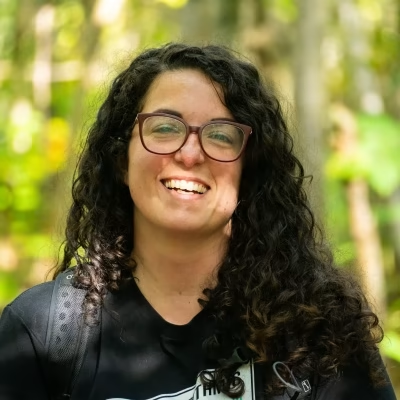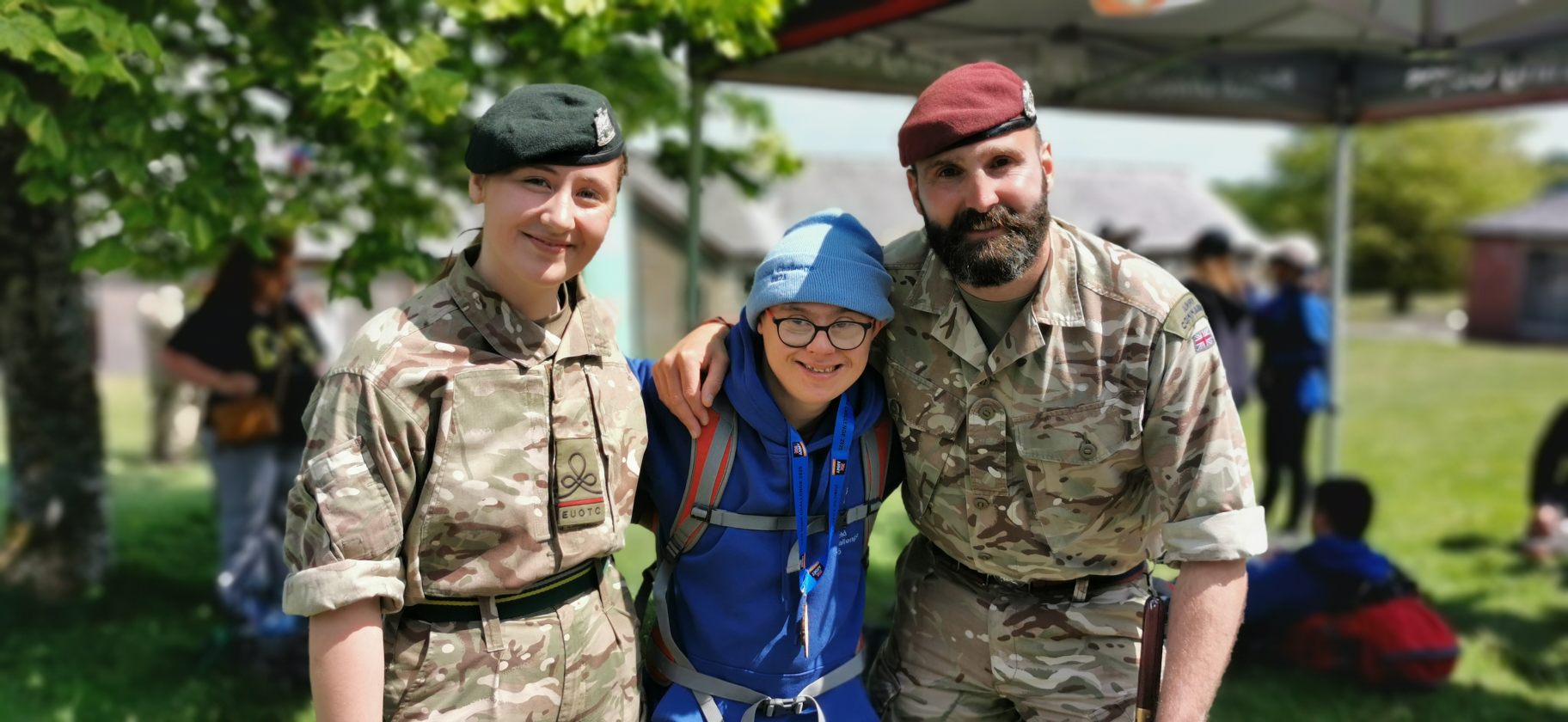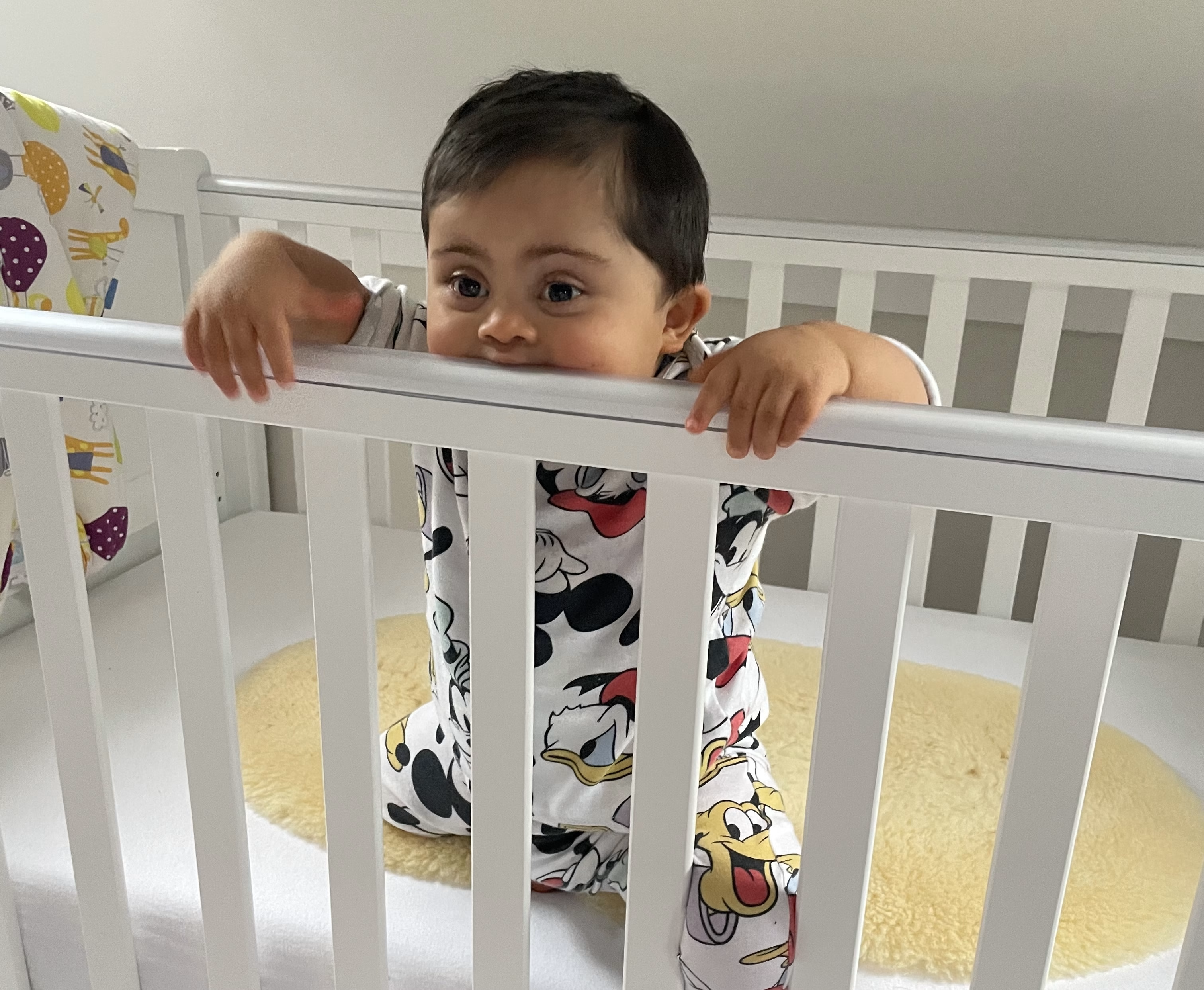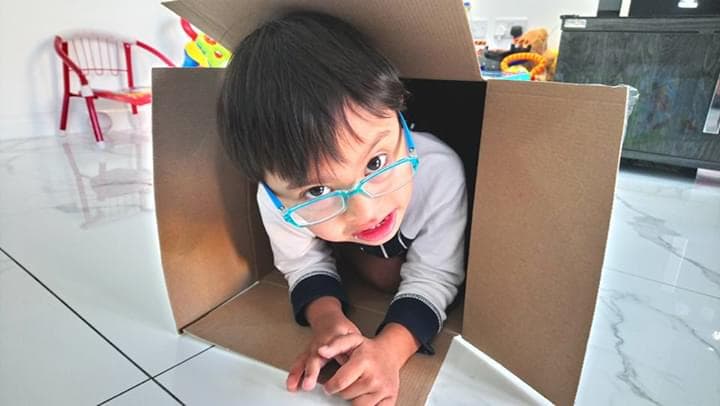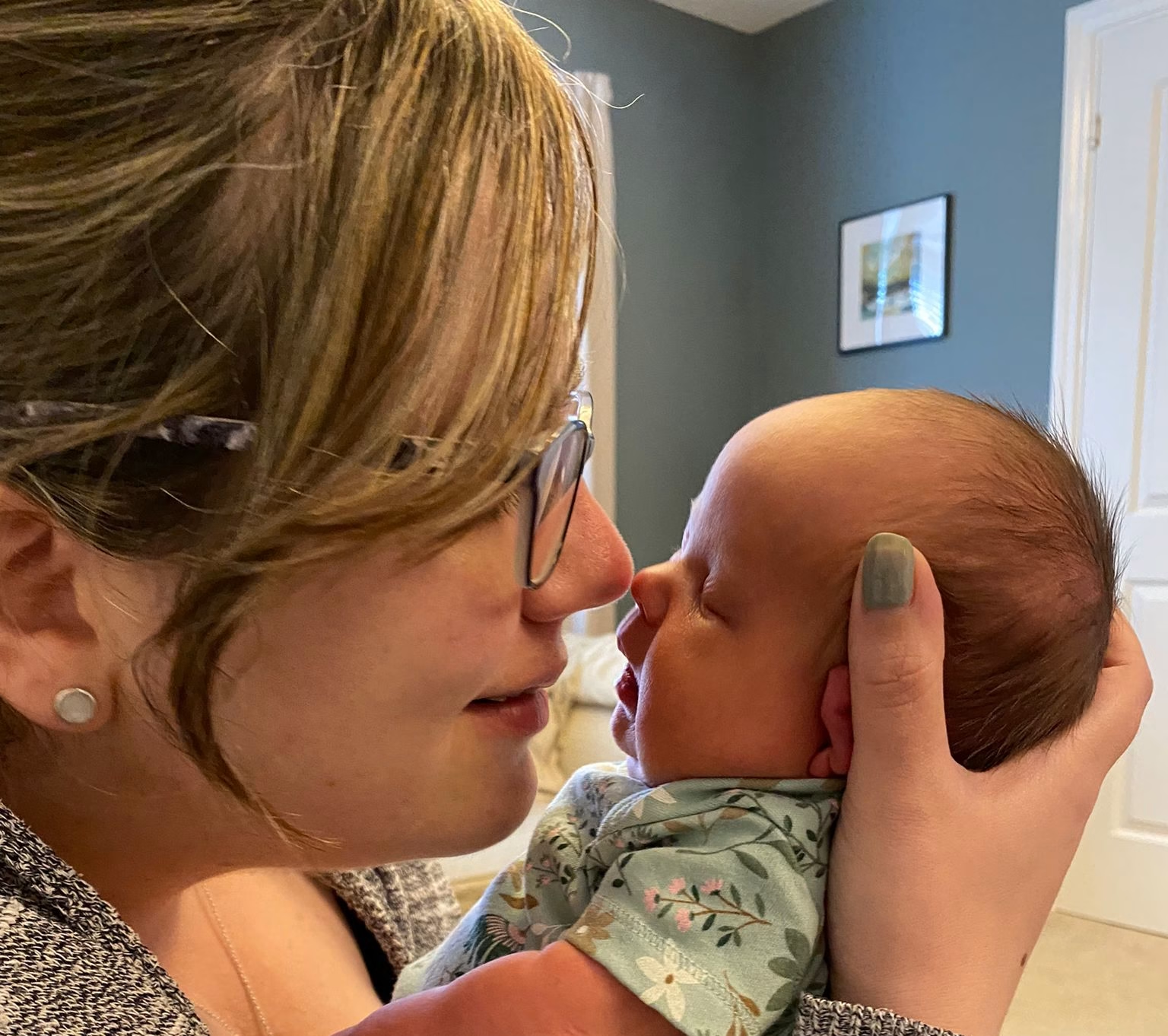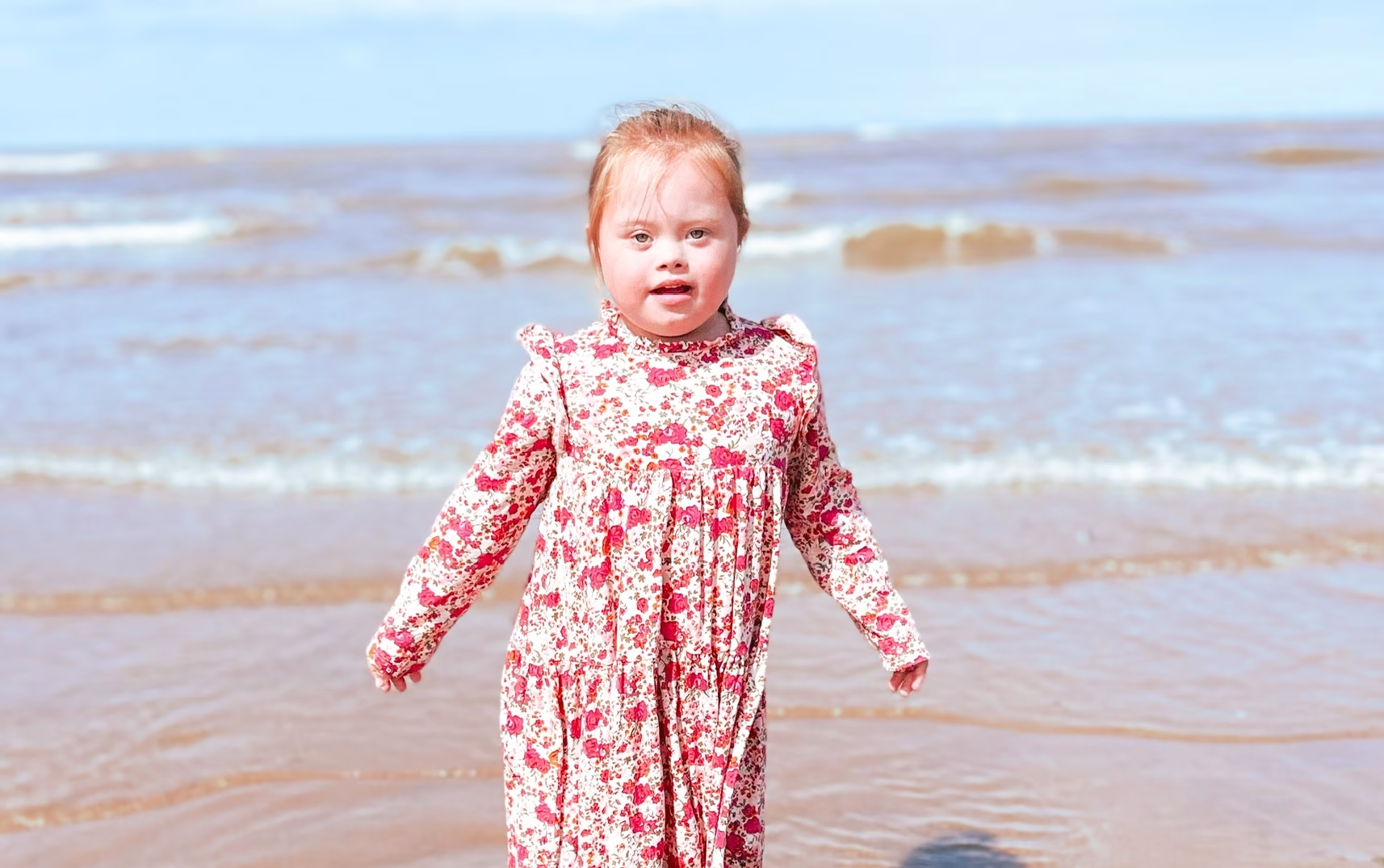Women offered prenatal screening for Down syndrome “left abandoned” with little information and support from healthcare professionals
- by Natasha Aidinyantz
A new UK-wide study has revealed serious gaps in the way expectant mothers are supported through prenatal screening for Down syndrome – with many left to navigate overwhelming decisions without sufficient information, discussion or emotional support.
Published in the American Journal of Medical Genetics Part A, the research is the largest of its kind in Great Britain to explore the experiences of mothers who had a baby with Down syndrome. Based on responses from over 300 women, the study shows that while most knew the screening was optional, many felt it was presented as routine – with more than half accepting it “with little thought”.
One mother, whose son Henley was born in 2021, described the pregnancy as “so stressful, with so much negativity, doom and gloom.” At 13 weeks, she received a high chance result for Down syndrome from blood tests, and says medical attitudes became negative immediately. Over the course of her pregnancy, she was offered termination on four separate occasions, often in the absence of balanced information or empathy.
“The fetal medicine doctor kept telling us that because of having Down syndrome and severe fluid on the brain our son would be severely disabled, that he would be wheelchair bound and have very low mobility. He also advised Henley would have cerebral palsy. We were told to expect him to come out and need ventilation and to prepare ourselves about making the decision about turning it off. The fetal medicine doctor told us our baby would have a poor quality of life and that we should consider the impact on our family, telling us that our baby would be a burden to our other children.
At 23 weeks Natalie was told about late-term abortion procedures “in detail” and that it would be “better to do it sooner rather than later.” When Henley was born, he did not need special care, he did not require ventilation or any surgery and had no signs of cerebral palsy. “Hearing his first cry, the relief just washed over me – it was already more positive and brighter than we’d been told.” Henley is this week celebrating his 4th birthday, he is mobile, loves playing with his two brothers and mum Natalie says she can’t imagine life without him.
“We are prepping to take him to the Paddington experience in London as a surprise. His birthdays are so special to us as we celebrate the fact he is here proving medical professionals wrong in every sense possible. It’s always a celebration of how our family has come so far from such a negative experience and it is just pure joy, happiness, and love to celebrate together.”
Sadly, Natalie’s story echoes the wider findings of the study, which highlight how screening results are often framed negatively, and how little support many women receive. Less than half were given written or online information about screening before it was offered, and some said the possibility of continuing the pregnancy was not meaningfully discussed.
Not all experiences were negative: a neurosurgeon at Birmingham Children’s Hospital reassured the couple that many of the earlier predictions could not be known until after birth, and perhaps not for years. And at Birmingham Women’s Hospital, women repeatedly advise how supportive the screening midwife is.
The emotional toll of such experiences is stark when compared to the general population. As cited in related research by the University of Warwick, 85% of women surveyed by the Care Quality Commission in 2022 said they received enough support for their mental health during pregnancy. For mothers of a baby with Down syndrome in this study, that figure was just 38%. The gap widens after birth with only 24% of mothers of a baby with Down syndrome saying they receive enough mental health support.
Tamar Rutter, researcher at University of Warwick and lead author of the study, commented:
“Prenatal screening is often how parents first learn about the possibility of their child having Down syndrome, and our research shows the lasting personal impact of the way screening results are communicated to them. At the same time, we found that many expectant parents received limited support to meaningfully consider whether or not to have screening, highlighting the need for care which truly promotes informed choice.”
Nicola Enoch, Founder and CEO of Down Syndrome UK, said:
“I started this charity after my own poor maternity care experience. Sadly, 21 years later, discrimination and ignorance prevail in maternity care. This research is a wake-up call. Expectant parents deserve clear information, time to reflect, and the reassurance that all outcomes are valued. The current system is failing too many families.”
Down Syndrome UK, known in maternity care as its initiative “Positive About Down Syndrome” is actively working to improve maternity care by providing printed resources to maternity units as well as training to health care professionals. The charity has co-developed a personalised antenatal care pathway with St George’s Hospital, offering a compassionate model of support for pregnancies suspected or diagnosed with Down syndrome.
“We have been delighted to develop ilearning training modules with the Royal College of Midwives, to provide training by raising awareness of the lived experience of our families, to challenge attitudes and ensure our expectant and new parents receive the contemporary information, meaningful support and care they deserve. We’re calling on the NHS and training bodies to introduce a national pathway to support our expectant parents and compulsory education around supporting them,” Nicola Enoch added. “We have to challenge and change the outdated attitudes and assumptions towards Down syndrome, and to listen and learn from the experiences of our families.”
Notes to editors:
- The full study with quotes from survey participants has been published in the American Journal of Medical Genetics Part A: https://onlinelibrary.wiley.com/doi/10.1002/ajmg.a.64206
- For more information on Down Syndrome UK’s work in maternity care, visit: https://downsyndromeuk.co.uk/health/maternity-care/
- St George’s antenatal care pathway can be found at: https://www.stgeorges.nhs.uk/wp-content/uploads/2021/01/Personalised-antenatal-care-of-pregnancies-suspected-or-diagnosed-with-Down-syndrome.pdf
- Related research: Mental Health Support in Maternity Care – Warwick University: https://warwick.ac.uk/fac/soc/cidd/research/downsyndromeexperiences/ds_maternity_mh_support_-_warwick_-_final_003.pdf
Share this post
Author
 Fundraising and Marketing Manager
Fundraising and Marketing ManagerNatasha has been working in marketing for over 12 years. Having started her career in digital marketing, she's now worked with several charities and has joined Down Syndrome UK as the Fundraising and Marketing Manager.
View all posts
You may also like
Comments
Press
Press contact: Natasha Aidinyantz, Fundraising and Marketing Manager
Email: natasha@downsyndromeuk.co.uk
Phone: 07791448337


